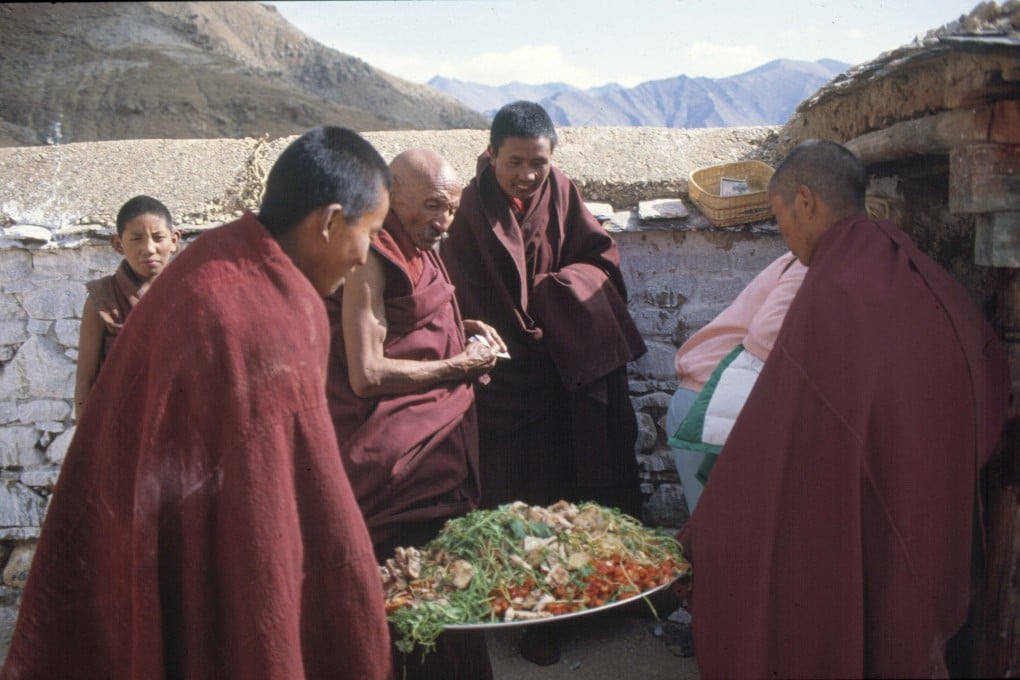Reflections | How Chinese Buddhist monks and nuns became vegetarians, even though the dharma didn’t forbid the eating of meat
- Abstinence for spiritual or religious purposes has long been a way for the devout to meditate on their beliefs
- In Chinese Mahayana Buddhism, monastic regulations prohibiting all meat consumption were laid down by imperial decree

Many people associate Ramadan with the Islamic practice of fasting from sunrise to sunset, but while abstinence from food and drink is an essential feature, Ramadan entails much more than that. For Muslims, the holy month is also a time of spiritual contemplation, self-improvement and more intense religious devotion.
Abstinence for religious or spiritual purposes is called zhaijie in Chinese. Rarely done in contemporary times, the Chinese used to practise a form of preparatory abstinence, where the devotee denied themselves certain foods, all alcoholic drinks and sexual activities a few days before they worshipped and made offerings to their ancestors or other deities.
Bathed and changed into clean clothes, they secreted themselves in a purpose-built lodge outside their homes, where they meditated on the object of their devotion, with whom they would commune in several days’ time.
Another form of abstinence is done to give thanks or to fulfil a promise made to a deity. This is a very common form of zhaijie where the pious refrain from eating certain foods on specific days or for a short period of time. Many Chinese go vegetarian or even vegan every first and fifteenth day of the month of the traditional Chinese calendar for such purposes. Those who cannot fulfil their oaths to the divine can make up for it by sponsoring a vegetarian meal for other people.

